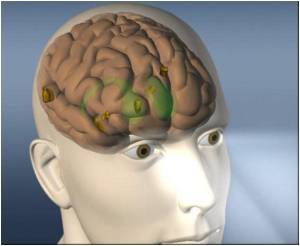Cell biologists pondering the death of neurons — brain cells — said today that by eliminating one ingredient from the cellular machinery, they prolonged

Master switch
Caspase-2 appears to be a master switch that can trigger either cell death or survival depending on the amount of cellular damage, the team found. Neurons that lacked caspase-2 showed an increase in protective activities, including the efficient breakdown of obsolete or used proteins. This process, called autophagy, delays cell death.
"This research shows, for the first time, that in the absence of caspase-2 neurons increase autophagy to survive," said study co-author Marisa Lopez-Cruzan, Ph.D., investigator in the cellular and structural biology department at the Health Science Center.
Role of energy centers
Evidence suggests that mitochondrial dysfunction plays an important role in neuronal death in conditions such as Parkinson's disease, Alzheimer's disease, amyotrophic lateral sclerosis (ALS, or Lou Gehrig's disease) and Huntington's disease.
Advertisement
Young adult mice
Advertisement
The research is in the March 11 issue of the Journal of Biological Chemistry.
Dr. Lopez-Cruzan, director of Dr. Herman's laboratory, came up with the idea that caspase-2 protects cells from mitochondrial stress. Meenakshi Tiwari, Ph.D., postdoctoral fellow, expanded upon the initial work and is first author of the paper.
Source-Eurekalert










